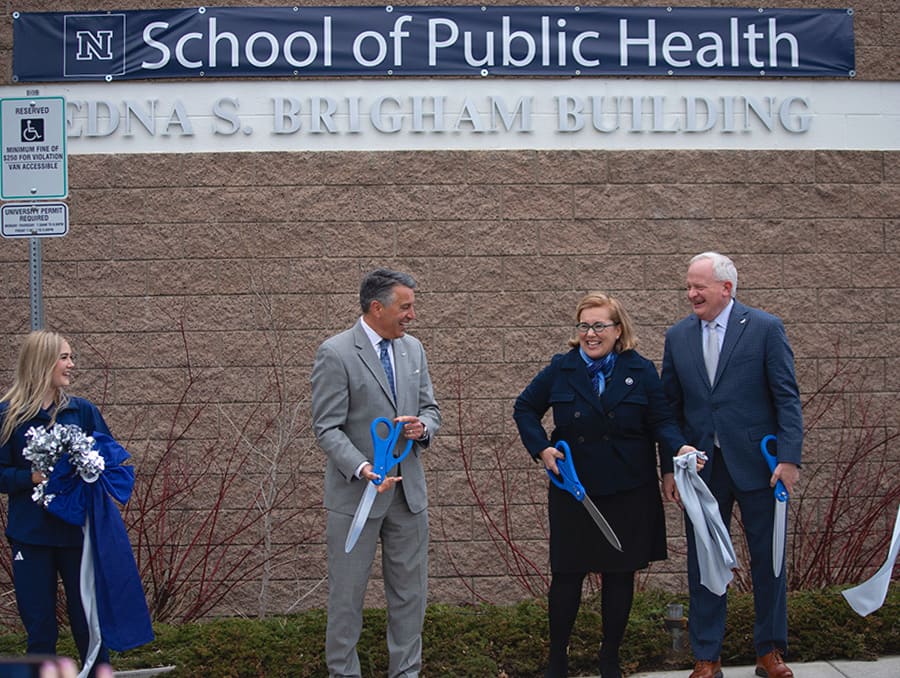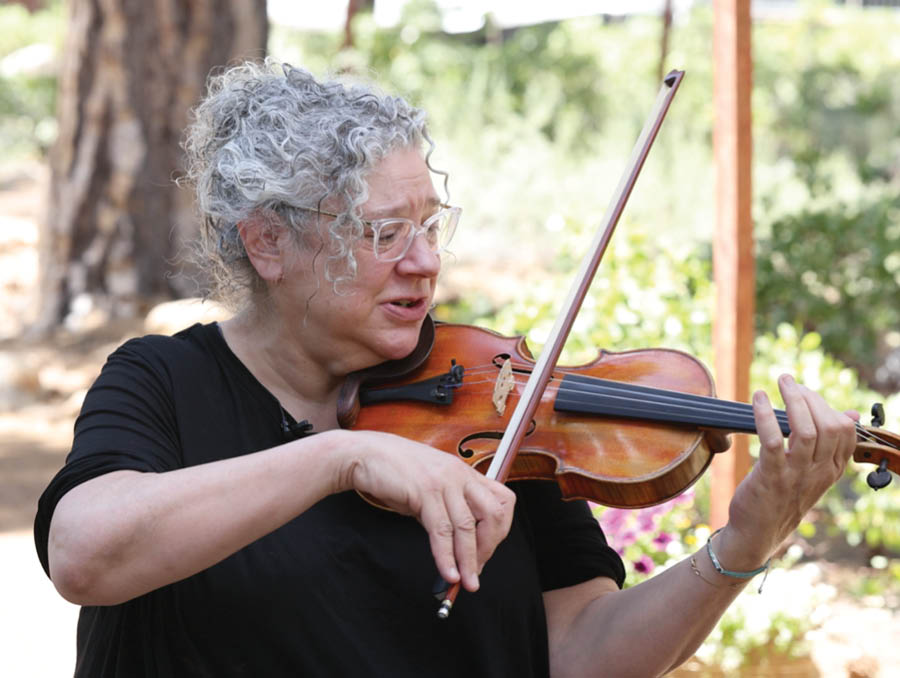Getting an award for entrepreneurship and technology isn’t necessarily something a political science faculty member sets out to do.
Christopher Simon, associate professor of political science at the University of Nevada, Reno, was named the “Technology Educator of the Year” by Nevada's Center for Entrepreneurship and Technology (NCET). He was awarded the distinction last week.
“This was a nice surprise,” said Simon, who after winning the award learned he had been nominated by a fellow faculty member. “I’m very happy and honored to receive this award. I didn’t even know I was in the running.”
For the awards, NCET’s judges chose individuals who have greatly enhanced the growth and prestige of Greater Reno-Tahoe’s technology community.
“Selecting this year’s winners was a very difficult process,” said Dave Archer, NCET CEO. “The number and variety of nominations is a tremendous testament to the quality and diversity of Northern Nevada’s technology community.”
Simon believes two specific projects were the rationale behind the award: publication of his book on renewable energy and creation of the University’s new renewable energy minor degree.
In 2007 Simon published “Alternative Energy: Political, Economic, and Social Feasibility.” It approaches the current challenge of renewable energy from the political and technical perspectives. The book covers various alternative sources of energy, discussing in layperson's terms the current state of public policy, energy technology and the political, economic and social feasibility of the alternative energy paradigm. The goal is to help the less technically-minded become active participants in choosing the energy future for their community.
The renewable energy minor, which Simon created along with Ted Batchman, professor and founding director of the University’s Renewable Energy Center, is a multi-disciplinary program that has become popular with students from many majors. It is being used as a template for similar programs around the country.
The renewable energy minor aims to provide students with technical skills, economic and political background, and analysis and design skills that will help them apply the knowledge gained in their major to the important national issues of alternative and renewable energy.
Students will be exposed to a broad range of technical and social/political disciplines necessary to understand the sources of renewable energy, technical and economic decisions involved in using alternative energy sources and the policy and regulator issues influence adoption of alternative energy resources. Courses range from political science and engineering to chemistry, resource economics and physics. Simon and Batchman are looking at adding additional courses to the minor from other disciplines.
“We’ll be teaching the teachers about renewable energy and making sure, if included, the courses will have a renewable energy component,” he said. The program includes an Introduction to Renewable Energy course, now in its second semester. With 70-80 students taking the introduction course, the program has a good start, Simon said.
“This program offers that connection with the business, political and technical world at the teaching level. It’s also a great partnership we have between the engineering and political science departments,” he said. “We are at the forefront of education in renewable energy.”
This is a good time to begin a renewable energy program because the industry is also in its infancy; at least this most recent iteration is taking a more serious look at it this time around, Simon said.
In addition to his work in alternative energy policy, Simon also conducts research in environmental policy, Homeland Security policy and land use policy.











